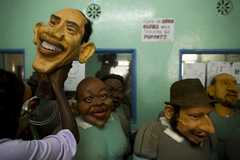Gado / Nairobi
Puppet state
The foolery of Kenyan politics provides an irresistible subject for comedy, one that Gado, a newspaper cartoonist, has based his career on. And now for the second TV series of his new controversial project, ‘The XYZ Show’.
“I moved to Nairobi in 1992 when I was 23. The Daily Nation, the biggest newspaper in Kenya, had lost its editorial cartoonist so they ran a competition to look for his replacement. I sent in my drawings and came second. I had just begun studying architecture at university in Dar es Salaam so I thought I would come to Nairobi to collect my prize and then go home. But we got talking and I never found out what happened to the guy who won. It was a difficult time to be an editorial cartoonist because Daniel arap Moi [the iron-fisted president who retired in 2002] was in charge but the Nation was very good to me, allowing me to push the boundaries a bit.
Over the years I’ve got nasty letters, emails and phone calls but that’s OK, it’s part of it. My colleagues joke about me being deported but I don’t worry about it too much. I took a year off in 2000-2001 to study film and animation in Vancouver. When I got back to Nairobi I started thinking about the sort of TV programme I would like to make. Kenya needed a show that would make fun of our politicians and expose hypocrisy and I thought a puppet show like Les Guignols or Spitting Image would be a great way of doing it.
I was invited to France in 2003 with some other artists for an exhibition and managed to arrange a visit to Canal Plus to speak to the guys who made Les Guignols. A year later the French embassy agreed to send somebody to Canal Plus to learn how to make the puppets.
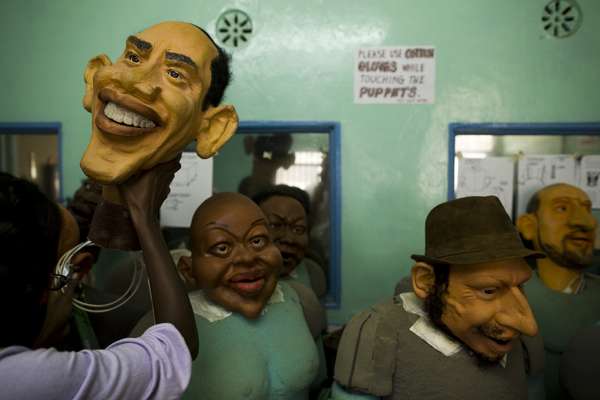
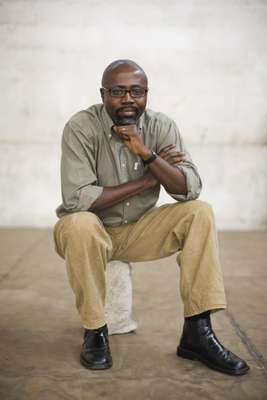
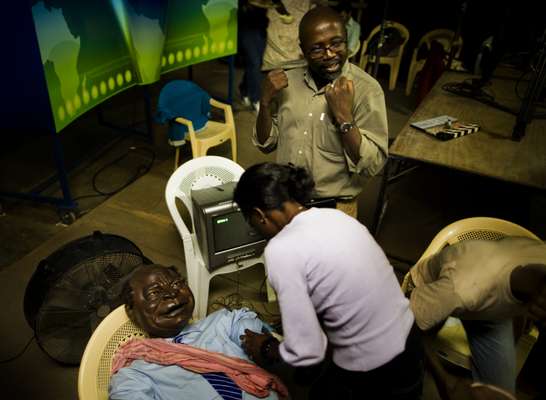
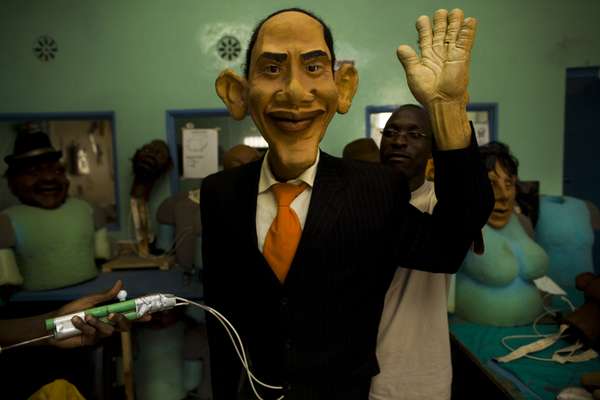
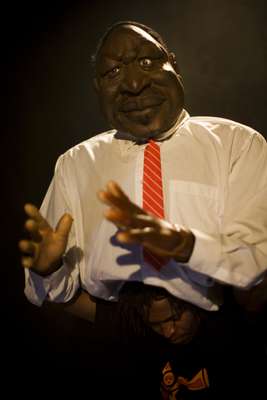
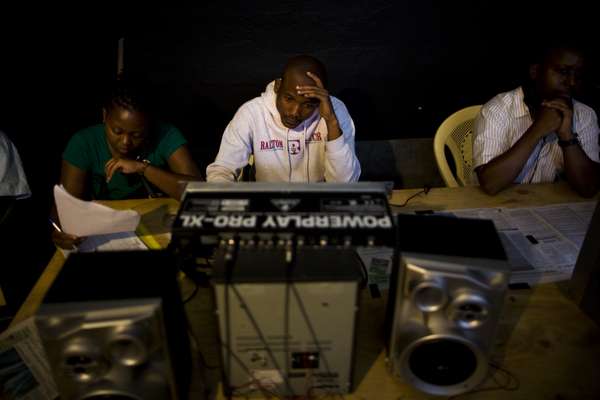
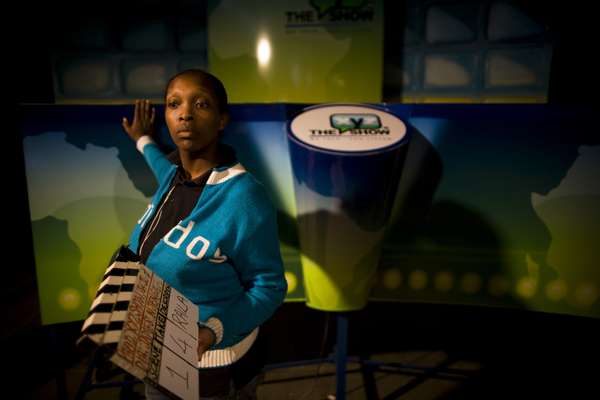
But we were struggling here in Kenya. None of the television stations was interested. The politics was a big part of the problem; they were worried about the reaction. We have had to fight hard for freedom of speech here. People forget that almost all of the new government worked under Moi. This government attacked The Standard newspaper offices in 2006 after they ran a story the government didn’t like.
We managed to raise funds for a pilot in 2007 and Citizen TV, a private station, eventually agreed to broadcast a series. But we still needed money to make it – each episode costs around KSh1.4m [€13,000] and each puppet is KSh300,000 [€2,800]. The only people willing to give us money were foreign donors – the French, Dutch and Finnish embassies and the Ford Foundation.
When the first series aired last year we were under a lot of pressure from all sorts of politicians and officials. State House, the vice president and many ministers complained. They rang the management of Citizen TV saying we are unfair to them and some of them rang me direct. When we finished our first season many Kenyans thought we had been taken off air. We point out the hypocrisy of politicians. They say this today, then tomorrow they say different things. And we don’t let them get away with it. Now we are preparing for the second season and there will be a lot of big stories for us to cover. The International Criminal Court is investigating the post-election violence and some of our politicians may be taken to The Hague. There is also a debate about a new constitution and we might have a referendum.
Our strength is that we can be very topical. Our first script meeting is on Friday, when the whole team talks about ideas. The scripts are written by Monday, we film on Tuesday and Wednesday, do all the editing and post-production on Thursday and Friday then we go on air on Sunday evening at 20.40.
We have a new studio on the same site as our puppet workshop and our editing suite so things should be smoother this time around, despite having to use an electricity generator. It was a steep learning curve in the first season. The show is important for Kenyan TV and everything is done here in Nairobi. We won’t change any of the politics though. We are very hard-hitting and we will stay that way. When we agreed to do the show on Citizen TV we made it clear that we would not give up our independence.
I have to draw a cartoon every day but editorial cartooning is not a nine-to-five job, it’s 24/7. Whenever I get ideas I have to sketch them. When we are filming I split my time between my office and the studio. I get into the office by 07.00 and go through the papers to get inspired. For me, the excruciating part is always coming up with the idea. Sometimes you are tossing it around, it doesn’t come your way, editors are waiting. I have to file my drawing to the Nation by 18.00 and I always go right up to the deadline.
With my cartoons and The XYZ Show I want to play a role in pointing out the infighting, the corruption. We are informing the public but I’d like to think we are entertaining them too.”
The characters
Mwai Kibaki and Raila Odinga
Kenya’s feuding president and prime minister are roundly mocked. After Odinga complained about not having a red carpet or toilet at a public function The XYZ Show depicted him sitting on a toilet with a red carpet leading up to it.
Barack Obama
Obama himself is rarely mocked, but those who try to exploit his Kenyan connection are. Other characters call him “cousin” and ask him to come to their village and build a school.
Kofi Annan
The former UN secretary general mediated the peace deal between Kibaki and Odinga in 2008 and is often called upon to intervene in fresh disputes, however minor. “We want to ridicule the idea that he should be babysitting our politicians,” says Gado.
Luis Moreno Ocampo
The chief prosecutor of the International Criminal Court has become a celebrity in Kenya following his decision to investigate the country’s post-election violence. He is portrayed as Superman.
Kenyan tv
The XYZ Show is one of Kenyan TV’s few homegrown productions. Kenya has four main TV stations but their schedules are filled with American dramas and dubbed Mexican soap operas. The news coverage is biased, although Citizen TV is the most balanced.
KBC: state-owned channel. Painfully pro-government
KTN: owned by the Standard Group. Viewed by some as pro-Odinga
NTV: owned by the Aga Khan’s Nation Media Group. Regarded by some as pro-Kibaki
Citizen TV: part of Royal Media Group

